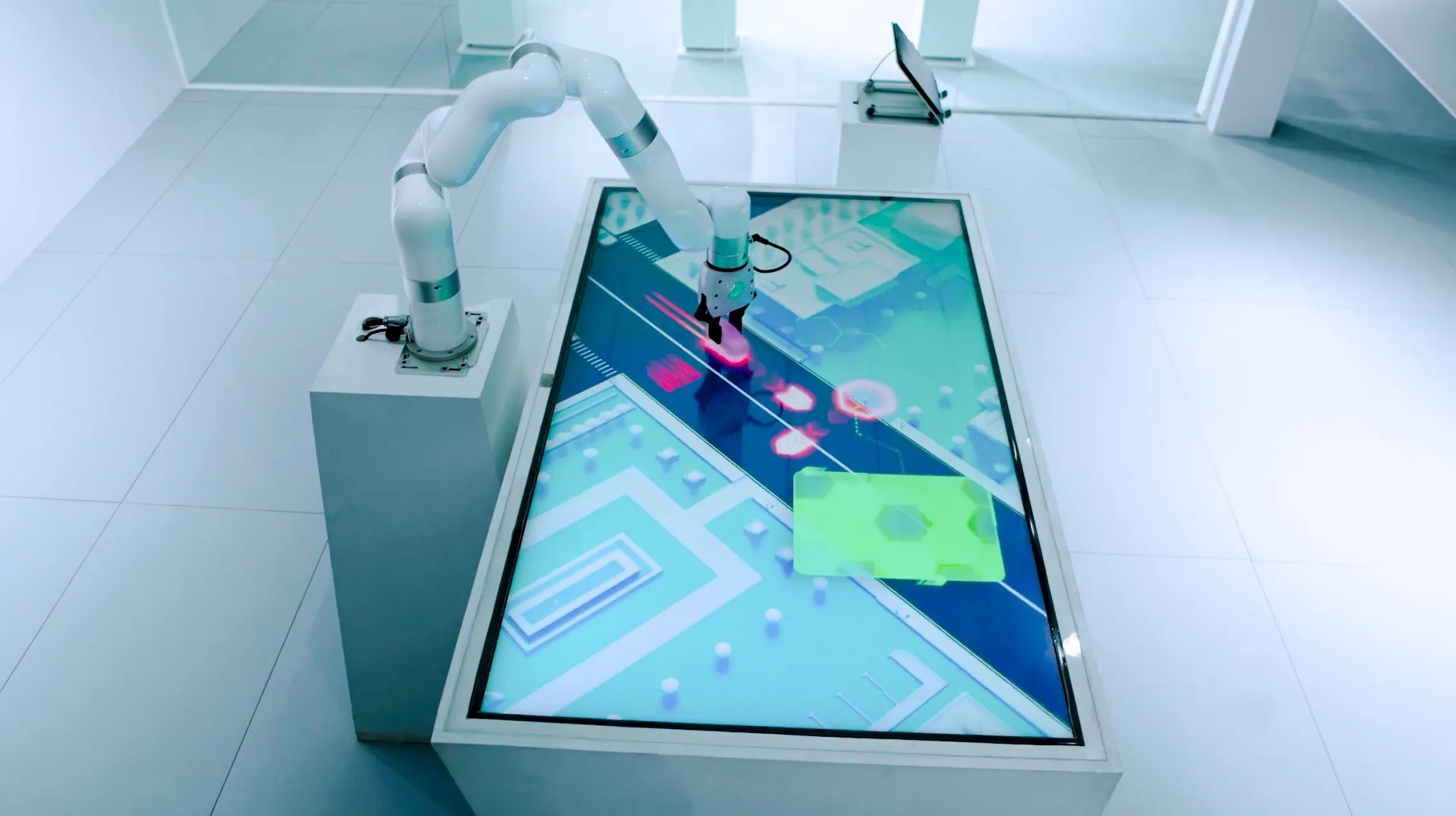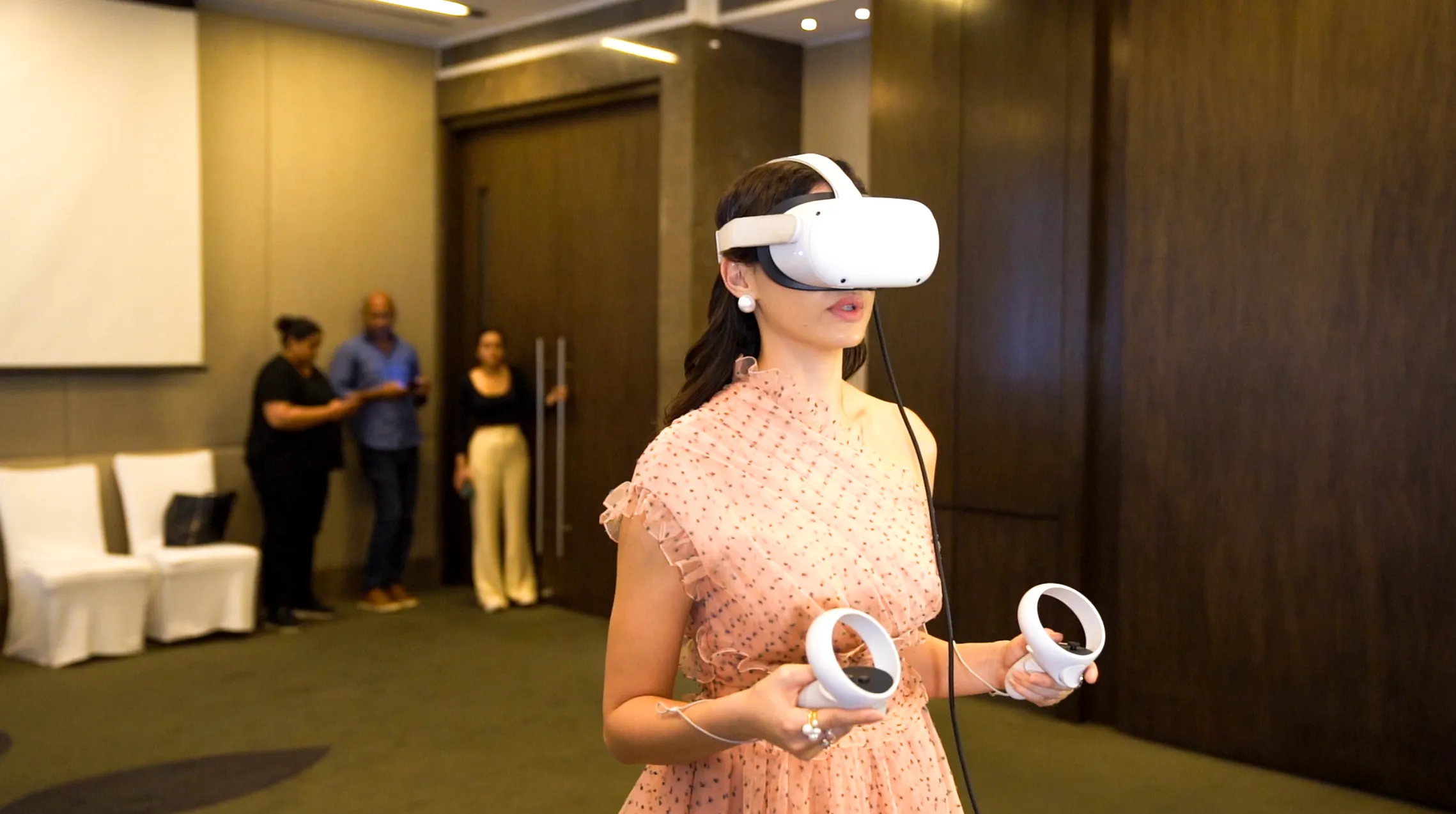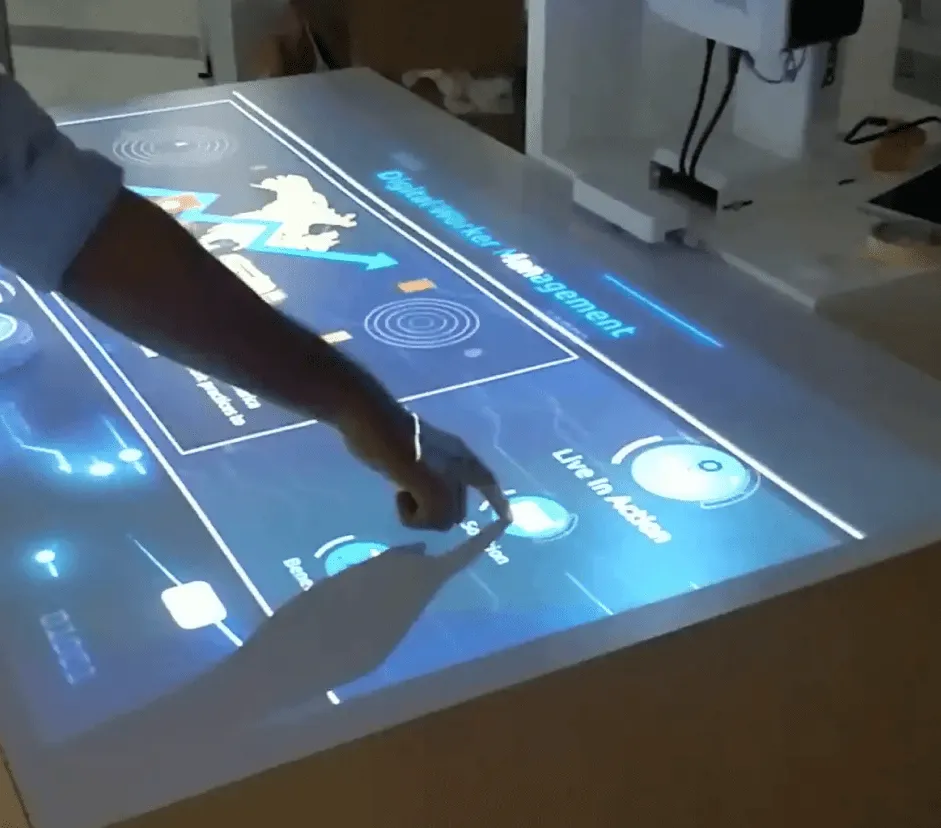Augmented Reality: Transforming Traditional Brand Experiences in Tech Centers

Introduction
Augmented Reality (AR) has emerged as an innovative technology that blurs the lines between physical and digital worlds. In recent years, AR development has gained significant traction across various industries, transforming traditional brand experiences into immersive and interactive encounters. This article explores the impact of AR development on brand experiences within tech centers, examining its evolution, benefits, challenges, and future implications.
The Evolution of Traditional Brand Experiences
Traditionally, brand experiences relied on conventional marketing tactics such as print ads, television commercials, and static displays. However, with the advent of technology, there has been a distinct shift towards more dynamic and interactive experiences. Users now expect brands to engage them on multiple levels, leveraging cutting-edge technologies to create memorable encounters. This shift has paved the way for AR development companies to play a crucial role in shaping modern brand experiences.
Understanding Augmented Reality in Tech Centers
Technology centers serve as hubs of innovation and creativity, creating ideal environments for the integration of AR technology. AR development companies are at the forefront of this revolution, creating solutions that overlay digital content in the real world and enhance how consumers interact with brands within these spaces. Whether through interactive product demonstrations or immersive storytelling, AR development elevates brand experiences to new heights.
Benefits of Augmented Reality in Brand Experiences
The incorporation of AR into brand experiences offers numerous advantages for both businesses and consumers. AR development enhances customer engagement by providing interactive and personalized experiences that capture attention and drive interaction. Furthermore, AR creates immersive environments that stimulate the senses, leaving a lasting impression on consumers and increasing brand visibility.
THE ROLE OF AR DEVELOPMENT IN SHAPING CONSUMER BEHAVIOR
AR has a profound impact on consumer behavior, influencing purchasing decisions and brand perceptions. Through AR development, companies can create emotional connections between consumers and brands, driving engagement and loyalty. Moreover, AR empowers consumers to make informed choices by providing real-time information and personalized recommendations.
HOW BUSINESSES CAN IMPLEMENT AR DEVELOPMENT IN TECH CENTERS
Businesses can leverage AR to enhance brand experiences within tech centers by following a strategic implementation process. This includes identifying objectives, selecting the right AR development company, creating immersive experiences, and measuring performance metrics to assess success. By aligning AR efforts with business goals, companies can maximize the impact of their investments.
Augmented Reality and Social Media Integration
Social media platforms offer a powerful channel for integrating AR into brand experiences and reaching a wider audience. AR development companies are creating AR filters, lenses, and effects that users can share on social media, helping brands increase their reach and engagement. From Snapchat lenses to Instagram filters, AR has become a staple feature of modern social media marketing strategies.
ETHICAL CONSIDERATIONS SURROUNDING AR DEVELOPMENT IN BRAND EXPERIENCES
While AR offers exciting possibilities for brand engagement, it also raises ethical concerns related to privacy and digital rights. As AR technology gathers and processes user data, businesses and AR development companies must prioritize user privacy and transparency. Additionally, efforts should be made to bridge the digital divide and ensure equitable access to AR experiences for all users.
THE IMPACT OF AR DEVELOPMENT ON BRAND LOYALTY AND RETENTION
AR has the potential to foster strong brand relationships and enhance customer loyalty. By offering immersive and memorable experiences through AR development, brands can build emotional connections that drive repeat purchases and advocacy. Companies that prioritize AR as part of their overall marketing strategy can differentiate themselves from competitors and cultivate a loyal customer base.
ROI Analysis of AR Implementations in Tech Centers
Measuring the return on investment (ROI) of AR implementations requires a comprehensive analysis of both financial and non-financial metrics. This includes factors such as increased sales, improved brand perception, and customer satisfaction. While the upfront costs of AR development may be significant, the long-term benefits in terms of brand equity and customer engagement justify the investment.
Conclusion: Embracing the Augmented Reality Revolution
In conclusion, AR development is revolutionizing traditional brand experiences within tech centers, offering immersive and interactive encounters that captivate consumers. By partnering with AR development companies and leveraging AR technology, businesses can create unforgettable moments that drive engagement, loyalty, and ultimately, business success. As AR continues to evolve, it will play an increasingly integral role in shaping the future of brand experiences.
Contact Us Now:






.CNhas5IL_ZqBJiz.webp)


















